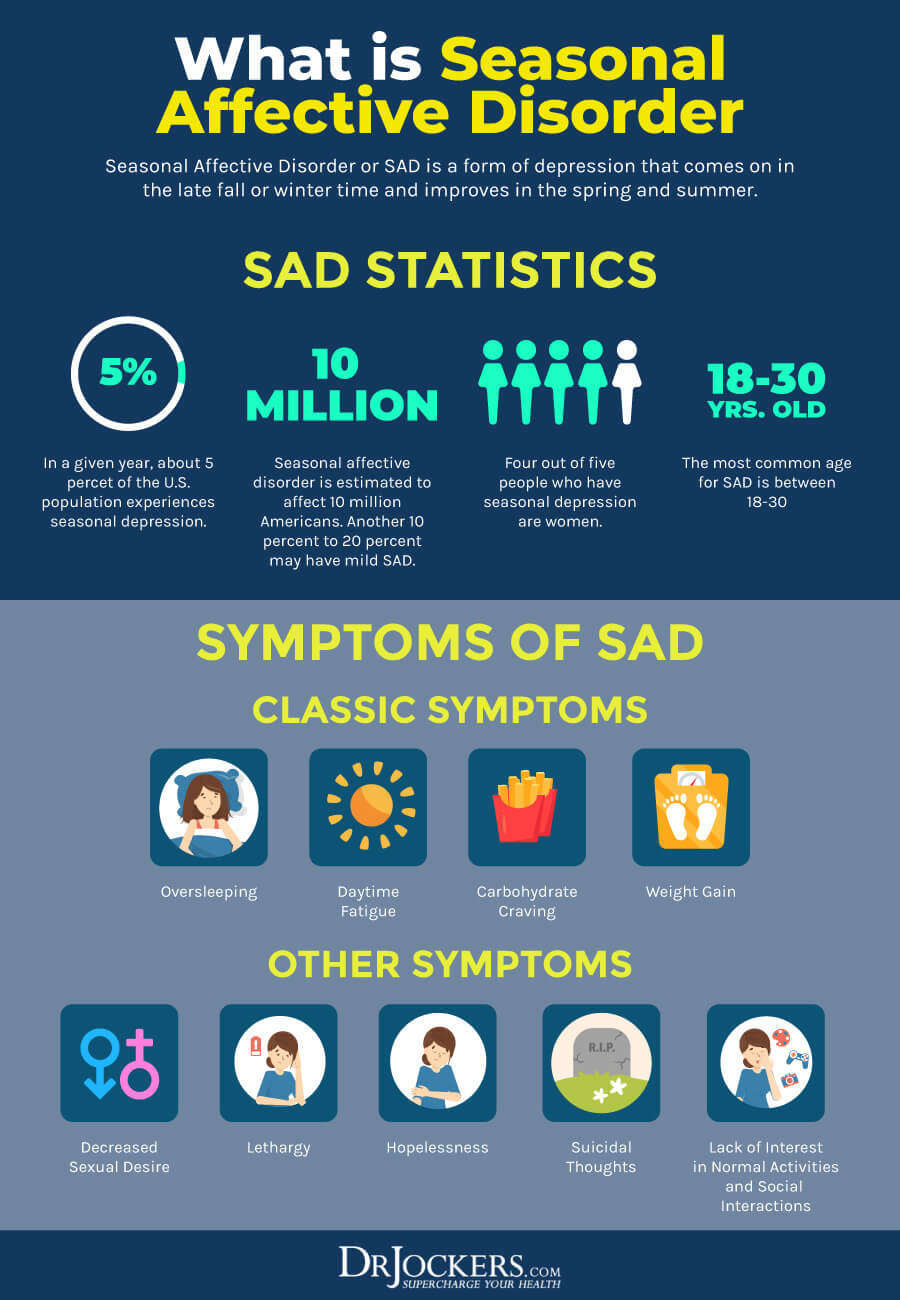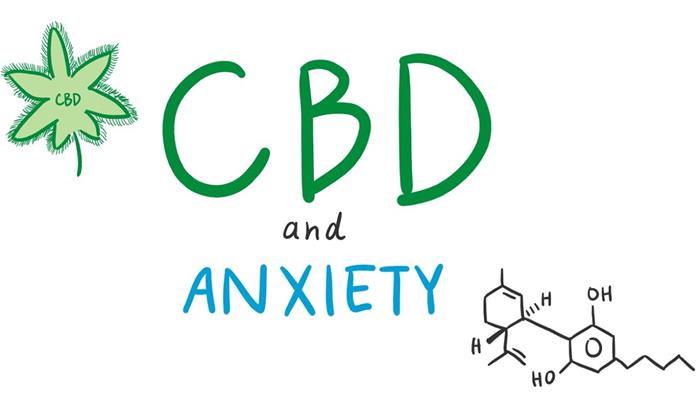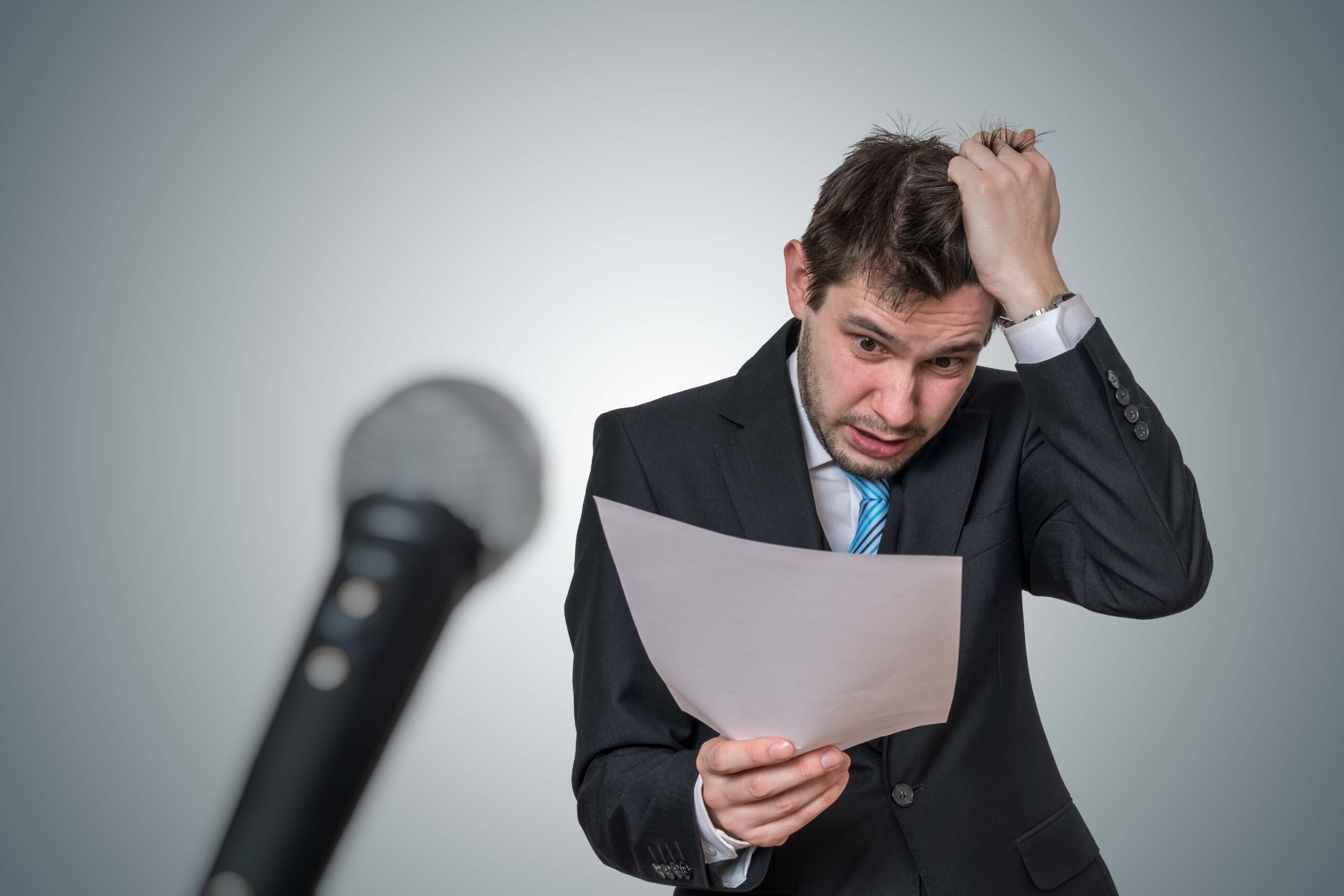
Anxiety can be defined as feelings of persistent worry that interferes with an individual’s ability to achieve and maintain relaxation.1(2) Such feelings are particularly prominent among children and adolescents, especially as they relate to social anxiety disorder (SAD).2,3
As mentioned in this author’s previous posts, common drugs used to manage anxiety include anti-depressants, serotonin-specific reuptake inhibitors, and benzodiazepines. However, such drugs are often accompanied by undesirable side-effects.1(2)
Conversely, cannabidiol (CBD) is slowly emerging as an adjunct/alternative intervention due to similar beneficial outcomes, yet lower in side-effects. As such, the following will consider CBD as an anxiolytic agent, and its utility for SAD and anxiety-related disorders (ARDs), in greater detail.

SAD can be defined or characterized as excessive anxiety in events whereby an individual might feel judged such as interpersonal contact with others, social events, and performance situations.3(1) The fear associated with SAD often causes embarrassment and humiliation and the condition’s genesis can be found in adolescence, and as early as childhood.3(2)
Furthermore, Masataka3(2) noted that a large number of adults continue to harbour SAD from their childhoods and throughout their entire lifetimes which can also induce ARDs (i.e. insomnia).4 Currently, SAD is managed and treated with cognitive behavioral therapy (CBT), at an average of 10-15 sessions per week, and psychotropic medications.3(2)
Although considered effective, many individuals (up to 92%) with SAD exhibit an unwillingness to participate, especially as it relates to CBT component of treatment. Thus, finding an alternative and more appealing option to CBT is a likely necessity. As such, the following sections will consider a systematic review exploring the efficacy of CBD as a viable option in managing SAD.

Skelley et al4(255) conducted a systematic review intended to evaluate current research on the safety and efficacy of CBD in managing anxiety and ARDs. Articles were chosen if they considered CBD as an intervention for diagnosed anxiety disorders (in humans) as well as studies which explored the effects of CBD and anxiety in healthy participants.4(255)
After application of said inclusion criteria, 8 studies remained from the initial 233 studies initially collected; 6 studies were small randomized controlled trials, 1 study was a case series, and 1 study was a case report.4(255) As mentioned briefly in the previous section, one ARD is poor sleep/insomnia. Skelley et al4(257) cited one case series study whereby 72 adults with diagnosed sleep disorders were treated with an average daily dose of 25 mg CBD.
After a one-month follow-up, anxiety was reported as significantly lower than baseline measures in the majority of participants (79.2%), as evaluated through the Hamilton Anxiety Rating Scale (HAM-A).4(255)
A case report showed similar findings with a child (10 years old) suffering from anxiety/insomnia; after 25 mg/day CBD was administered for 5 months, the screen for anxiety related disorders (SCARED) dropped precipitously compared to baseline (47.06% reduction).4(257)

Public speaking is a commonly understood event which can induce SAD (performance anxiety). Skelley et al4(257-268) cited a double-blind study whereby 59 healthy participants (18-35 years of age) devoid of SAD were recruited and assigned to 5 groups of 12 participants; each participant received either 1 of 3 possible CBD doses (900 mg, 300 mg, 100 mg), clonazepam (1 mg), or a placebo.
Biomarkers assessed included heart rate and blood pressure as well as a visual analogue mood scale (evaluates anxiety levels and degree of sedative effects, if any). The public speaking scenario was set so that 1 participant spoke in front of the other 11 participants in the group, who were instructed to remain silent and stoic. Said markers were measured at baseline, halfway through public speaking, and at the end.

Results indicated that participants taking 300 mg CBD had significantly lower VAMS scores than the placebo group and the 100 mg CBD oil group.4(255) Furthermore, the 300 mg CBD group had better VAMS scores than the 900 mg CBD group, suggesting higher levels of CBD are not necessarily more beneficial. Finally, higher levels of sedation were found on the 1 mg clonazepam group when compared to CBD groups suggesting possible benefit of CBD over its pharmaceutical counterpart.4(255)
In conclusion, anxiety can be defined as feelings of persistent worry that interferes with an individual’s ability to achieve and maintain relaxation. Such feelings are particularly prominent among children and adolescents, especially as they relate to SAD. Although conventional drug therapies provide a degree of beneficial effect, side-effects often make such interventions less appealing.
Conversely, emerging research is suggesting that CBD could be positioned an adjunct, or replacement, therapy to anti-depressants, serotonin-specific reuptake inhibitors, and benzodiazepines as it has been shown to lower anxiety scores with little to no side-effects. Ultimately, such an approach has the potential to help individuals afflicted with SAD in a manner that is both safe and effective.
References
1. Lakhan SE, Vieira KF. Nutritional and herbal supplements for anxiety and anxiety-related disorders: Systematic review. Nutr J. 2010;9(42):1-14. https://www.ncbi.nlm.nih.gov/pmc/articles/PMC2959081/. Accessed June 16, 2020.
2. Ask H, Handal M, Hauge LJ, et al. Incidence of diagnosed pediatric anxiety disorders and use of prescription drugs: a nation-wide registry study. Eur Child Adolesc Psychiatry. 2019:1-11. doi: 10.1007/s00787-019-01419-0.
3. Masataka N. Anxiolytic effects of repeated cannabidiol treatment in teenagers with social anxiety disorders. Front Psychol. 2019;10:1-6. doi:10.3389/fpsyg.2019.02466.
4. Skelley JW, Deas CM, Curren Z, et al. Use of cannabidiol in anxiety and anxiety-related disorders. J Am Pharm Assoc. 2020;60(1):253-261. doi:10.1016/j.japh.2019.11.008.
-Michael McIsaac
